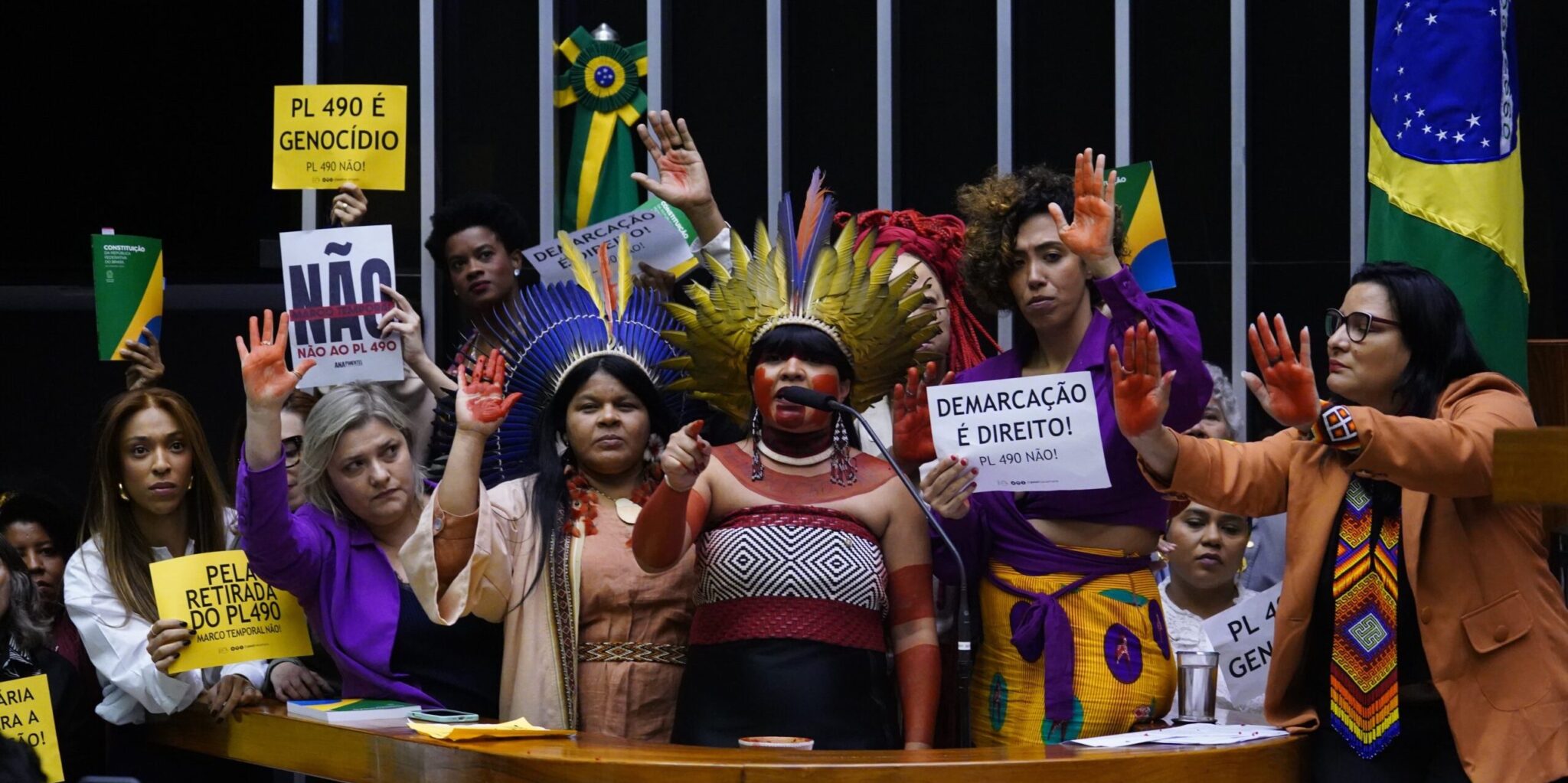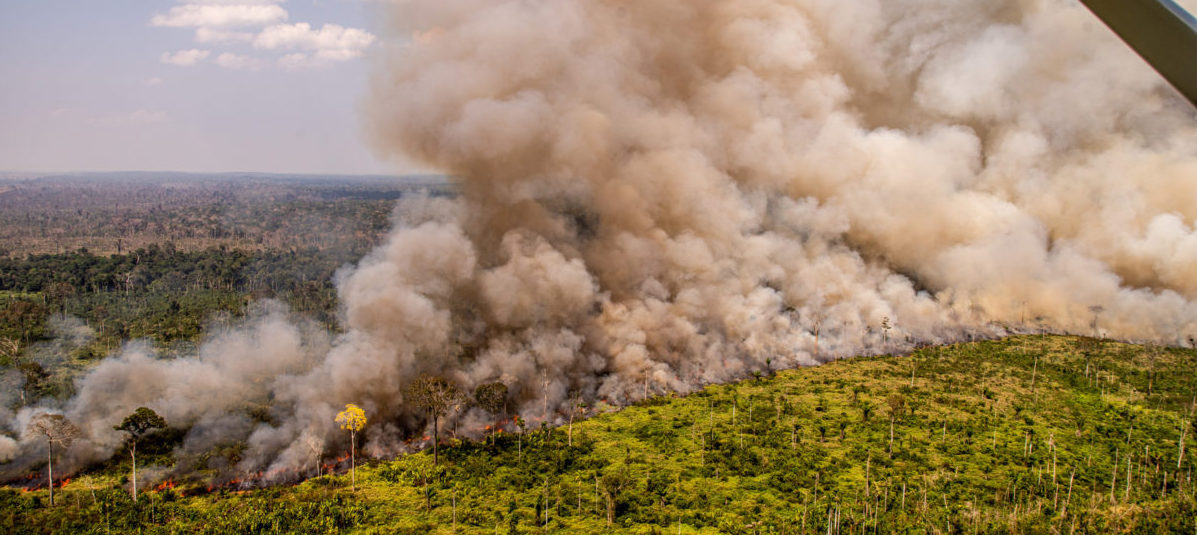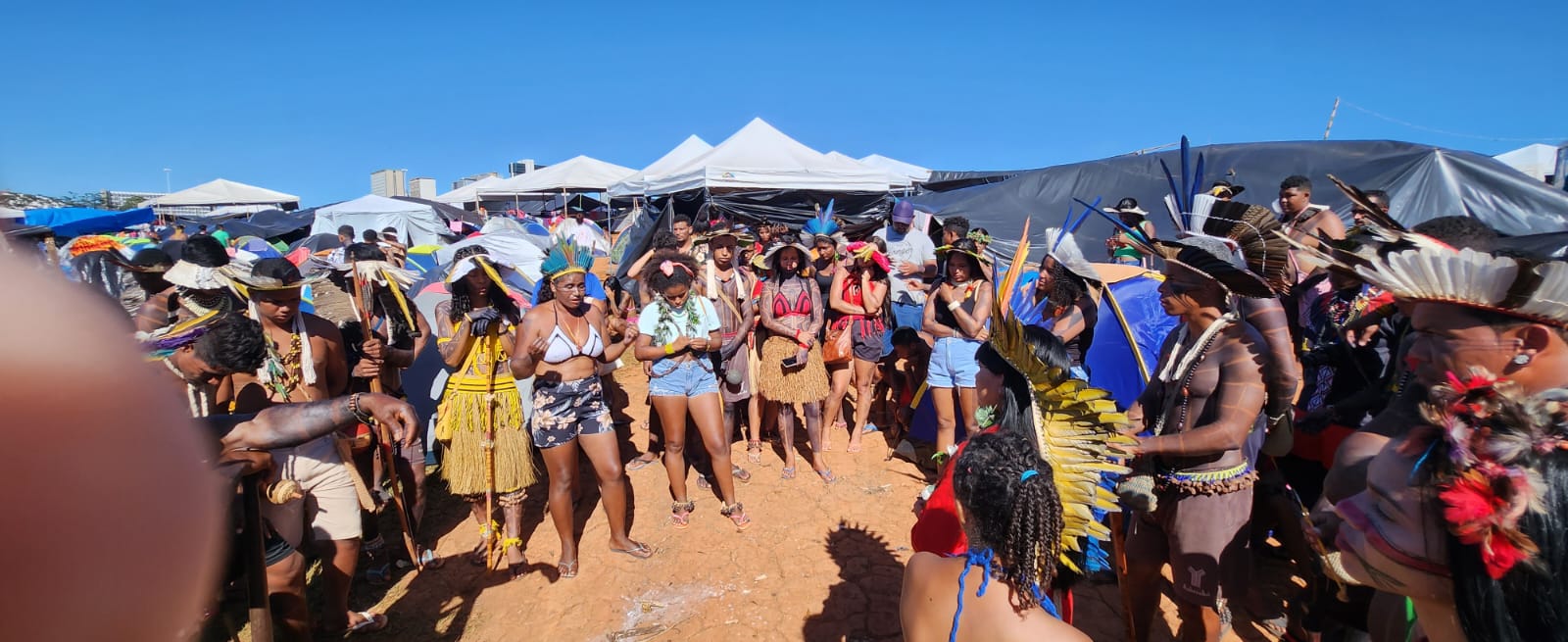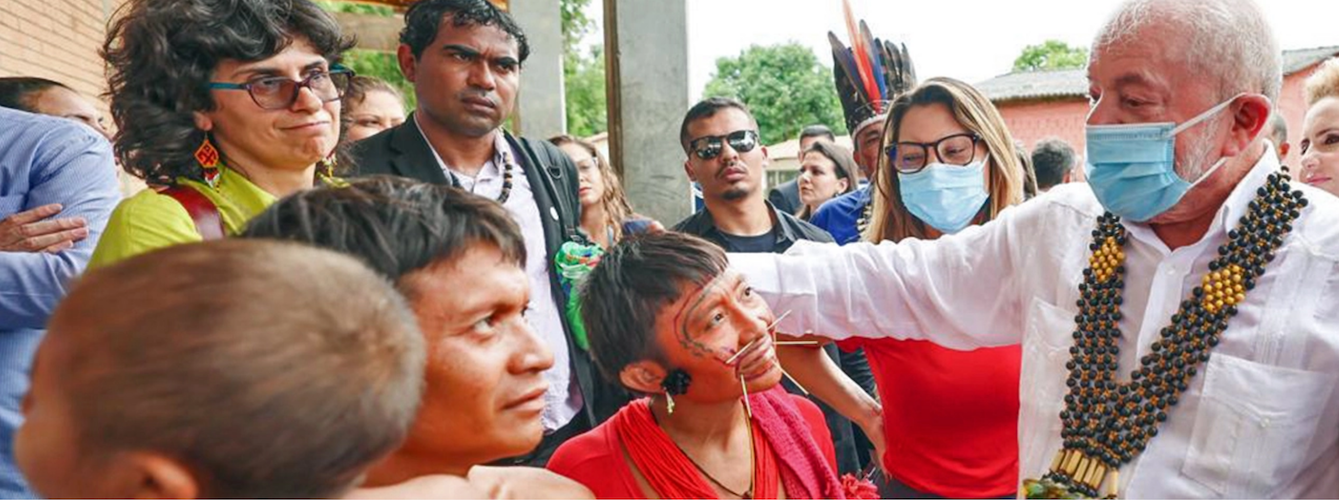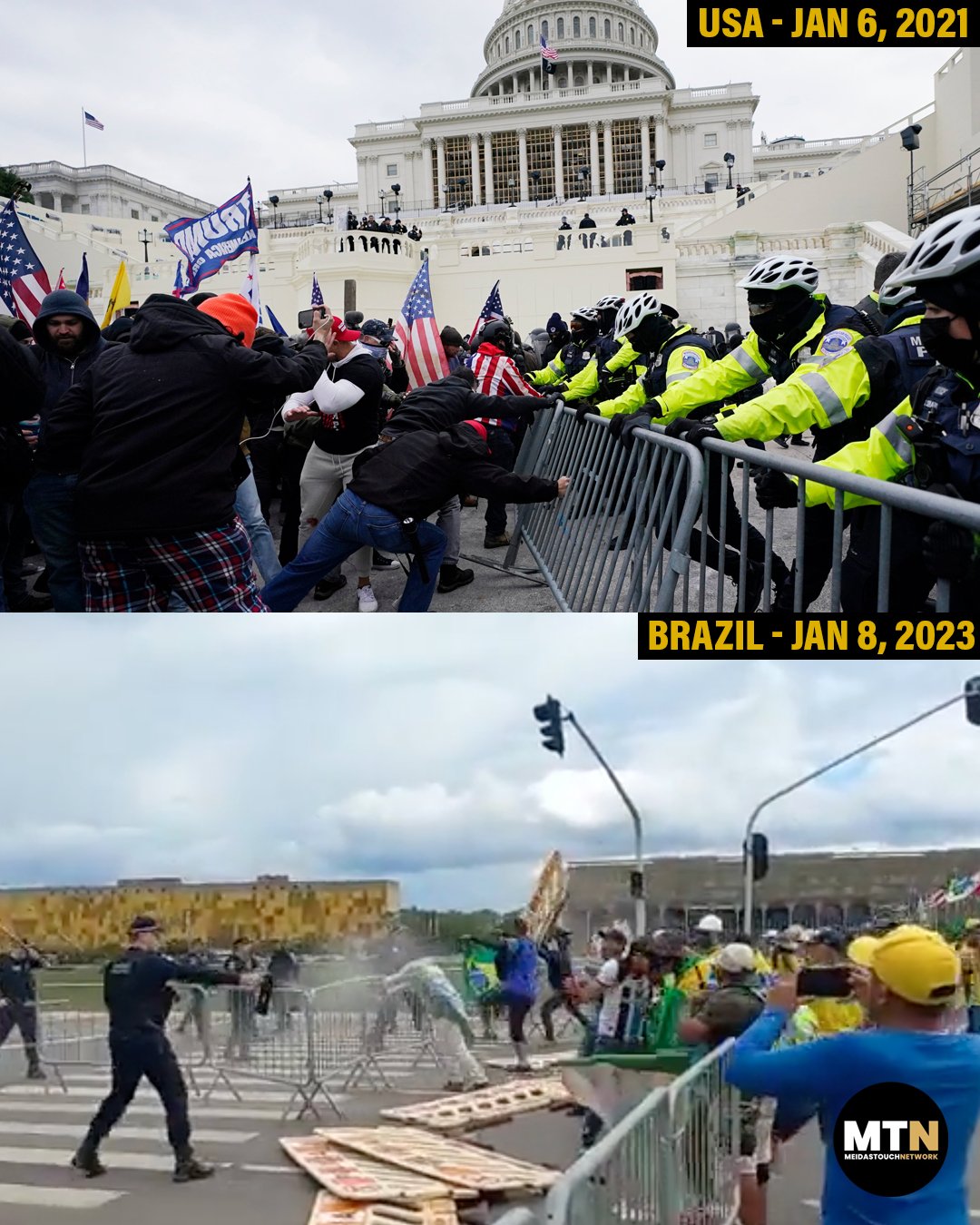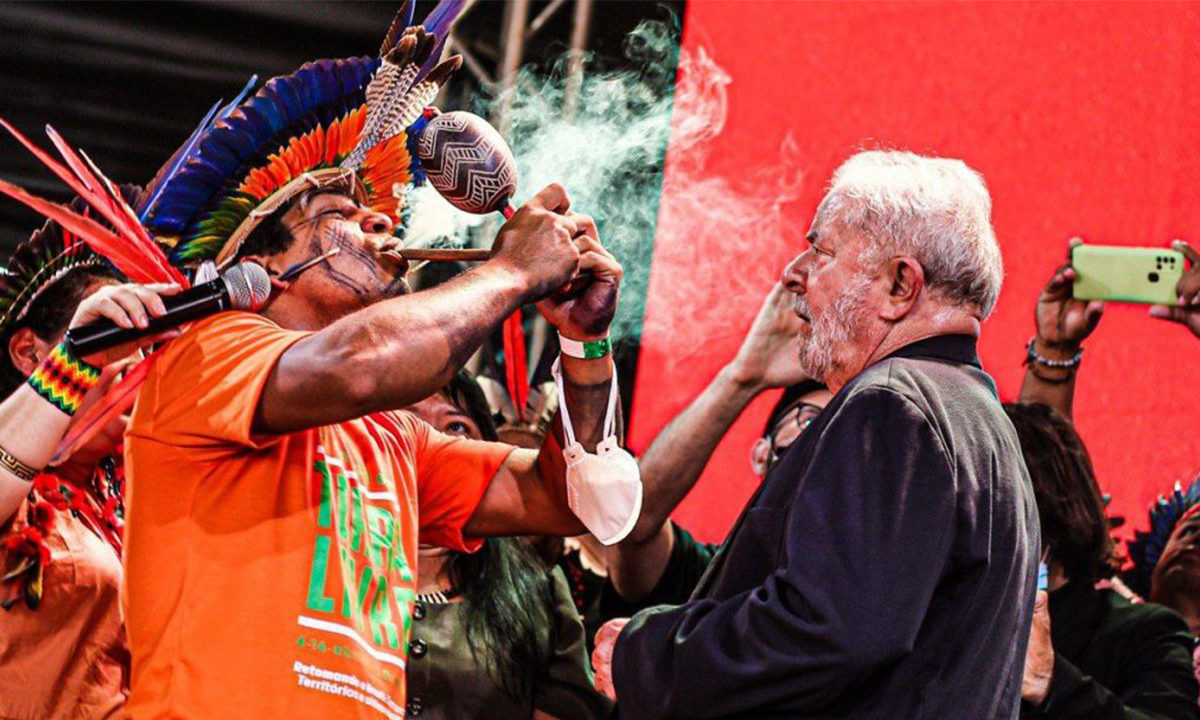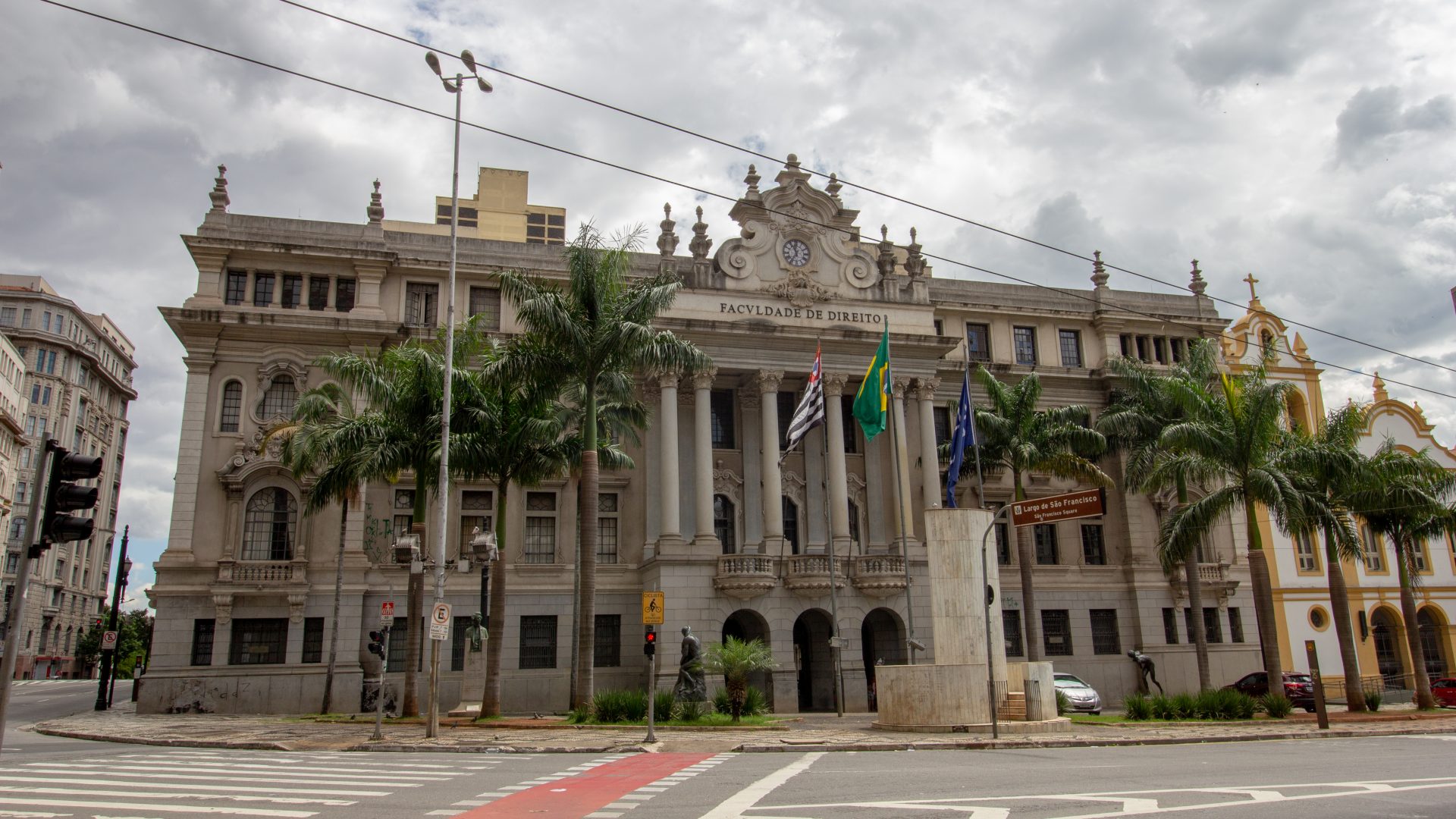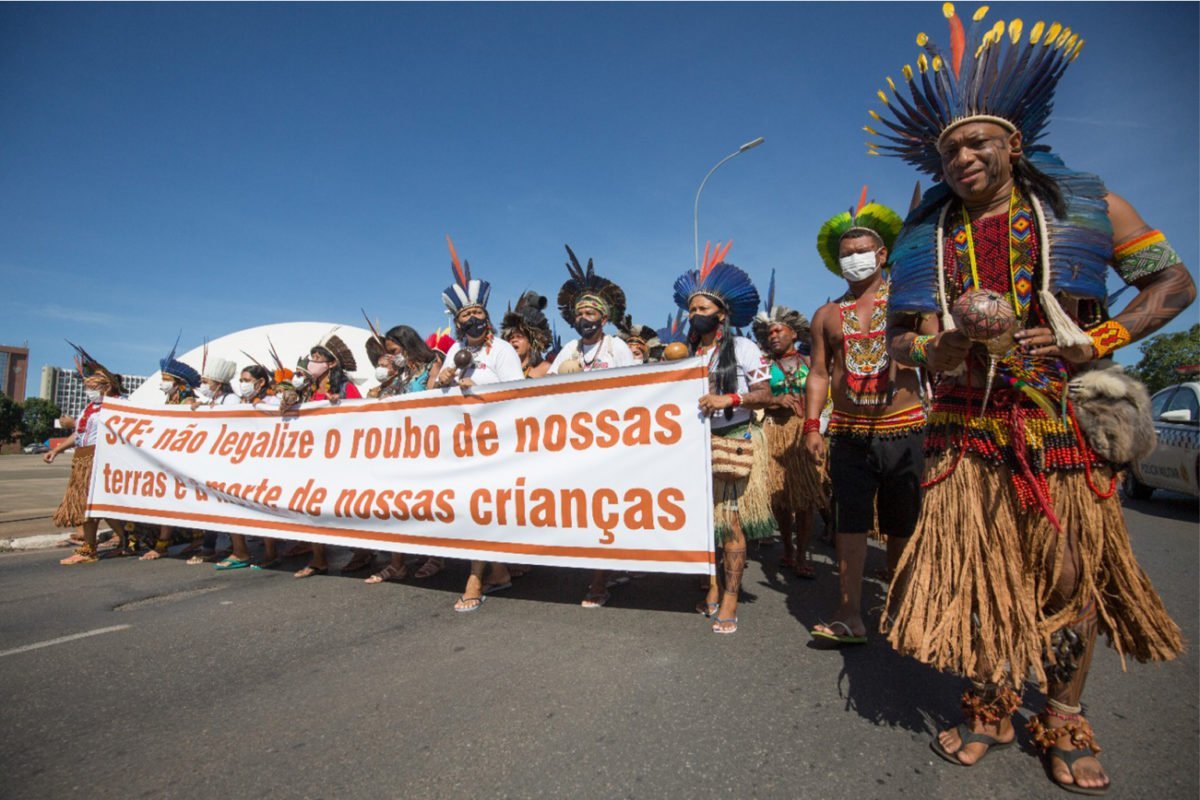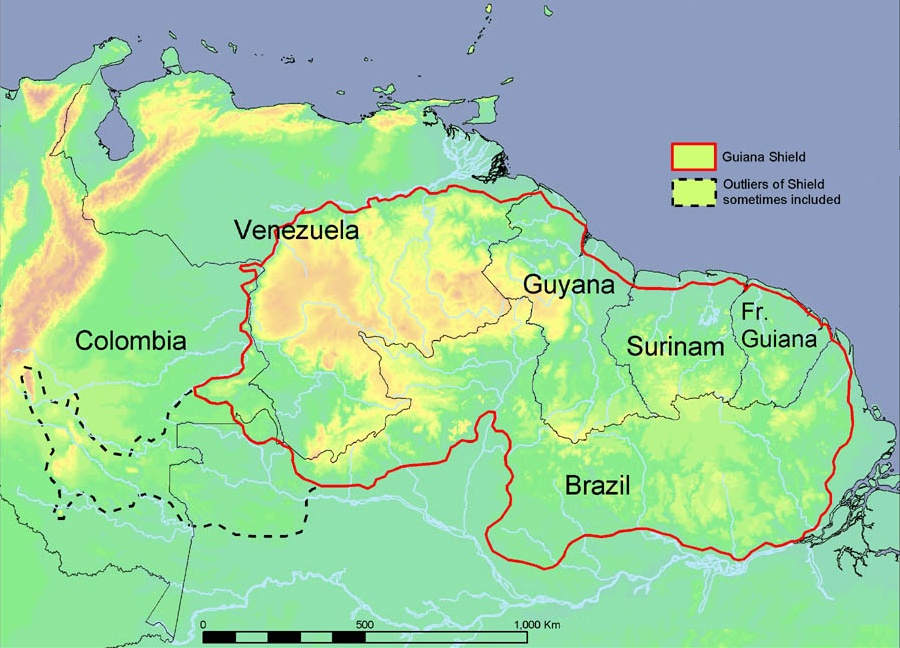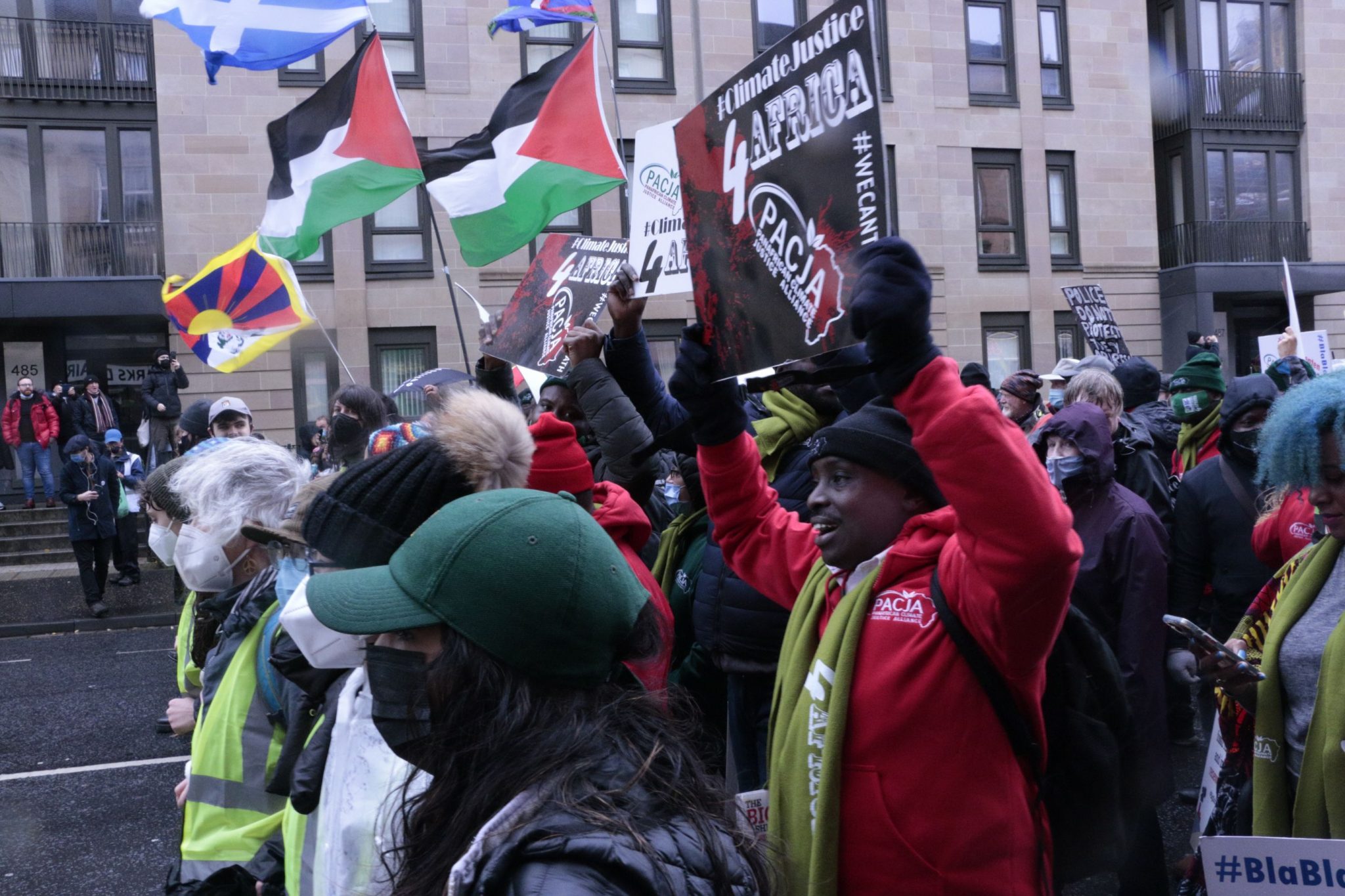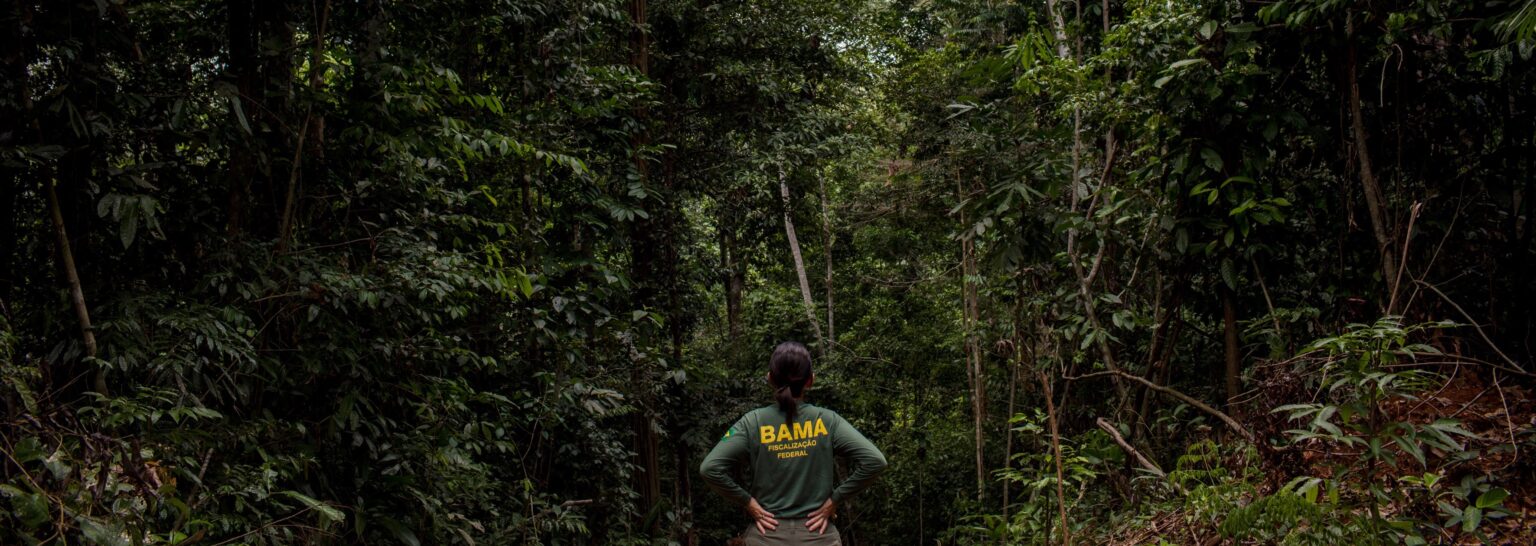
Brazil: Amazon deforestation drops rapidly under Lula
The rate of deforestation in the Brazilian Amazon has fallen significantly since President Luiz Inácio “Lula” da Silva took office in January 2023, according to government data. The area of deforestation detected by space agency INPE‘s forest monitoring system amounted to 2,649 square kilometers in the first half of the year, a 34% decline from the same period last year. The loss in the first six months of 2023 is the lowest since 2019, according to the satellite-based tracking system. Lula has prioritized reining in deforestation since assuming the presidency. Last month, he announced his administration’s plan to eliminate deforestation by 2030 as part of Brazil’s pledge to reduce greenhouse gas emissions. (Photo: Mongabay)



